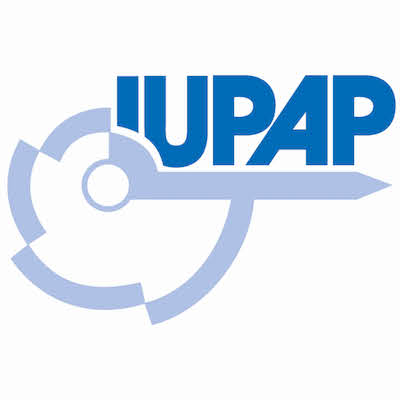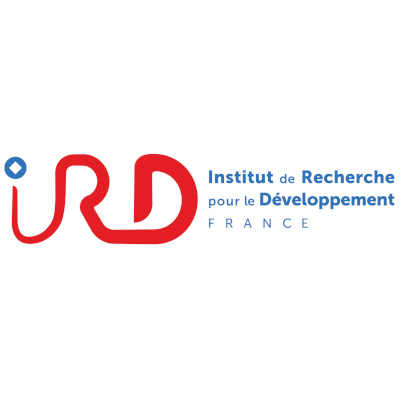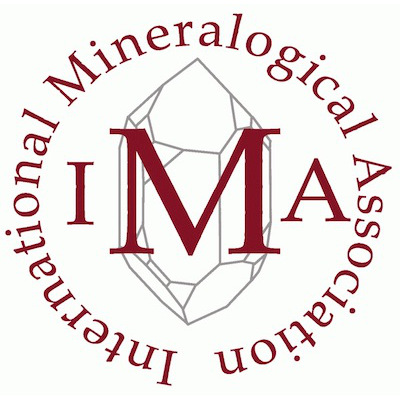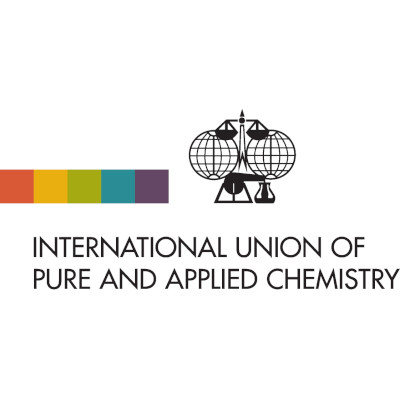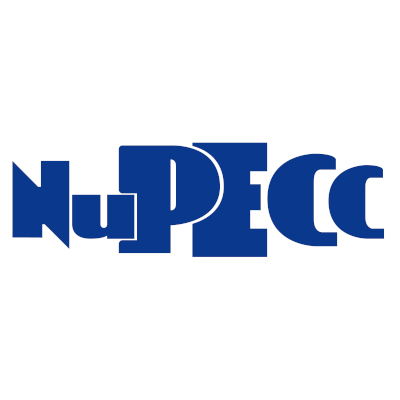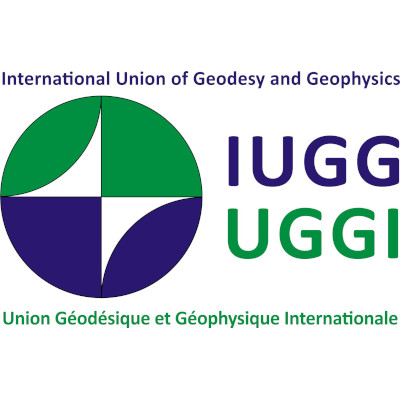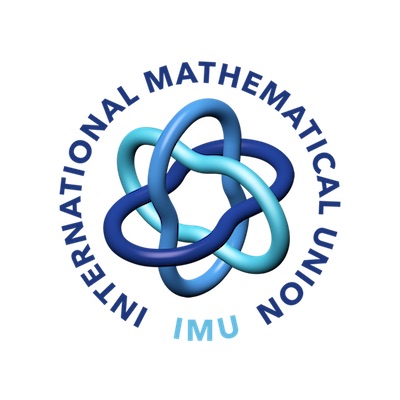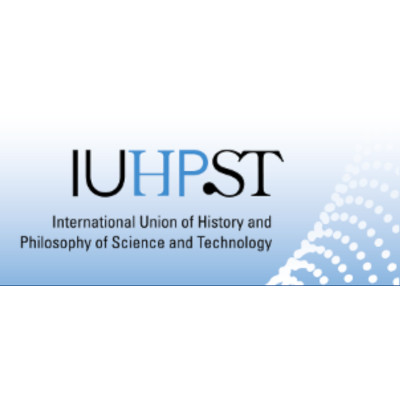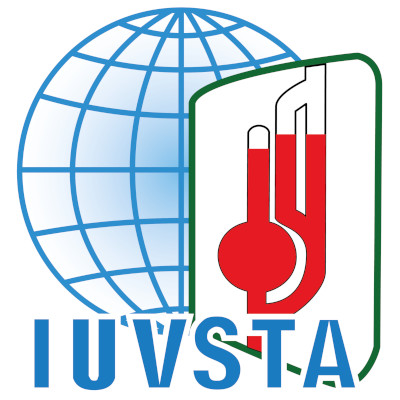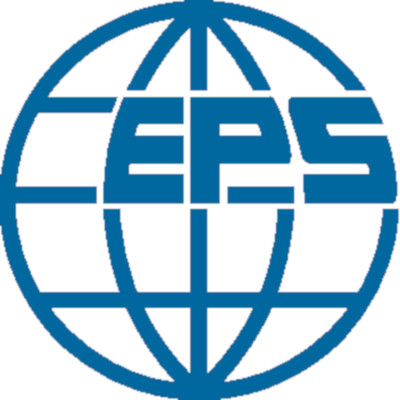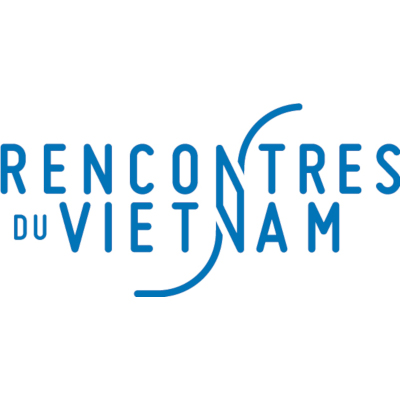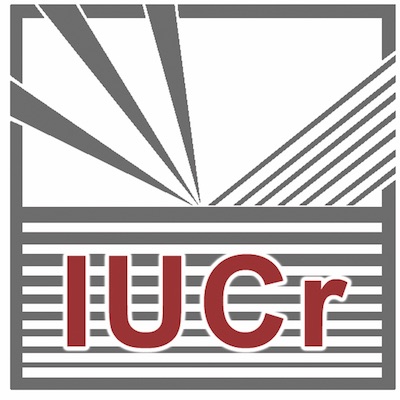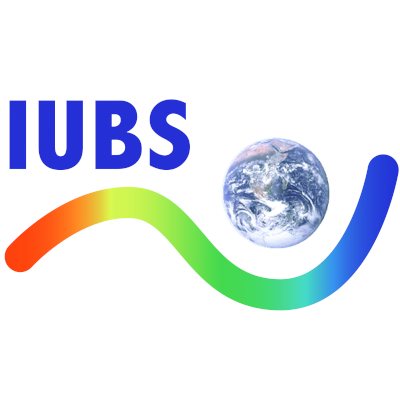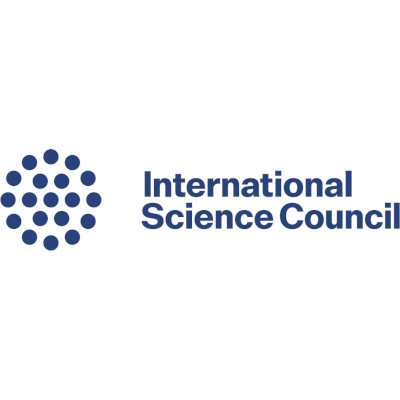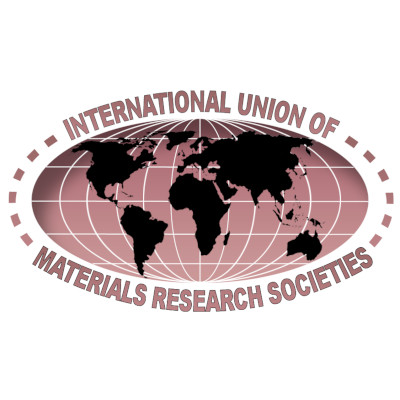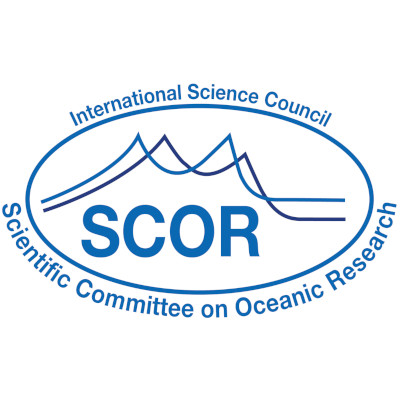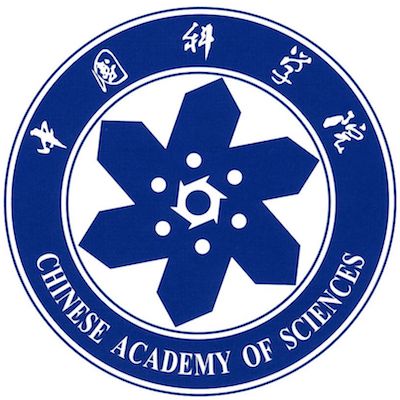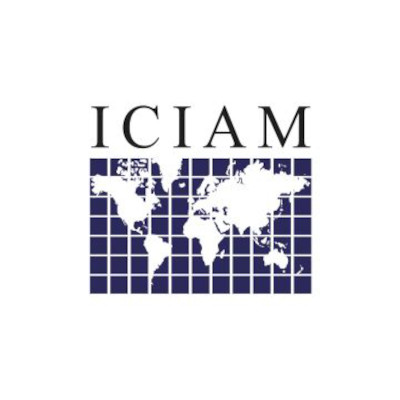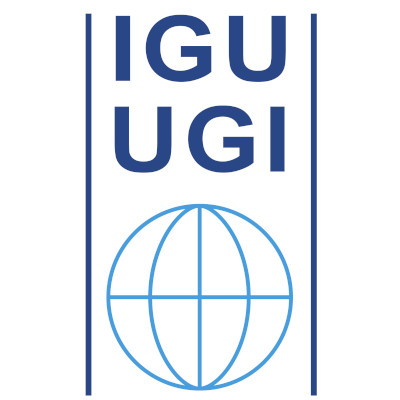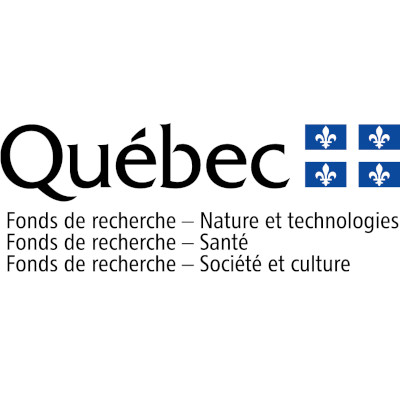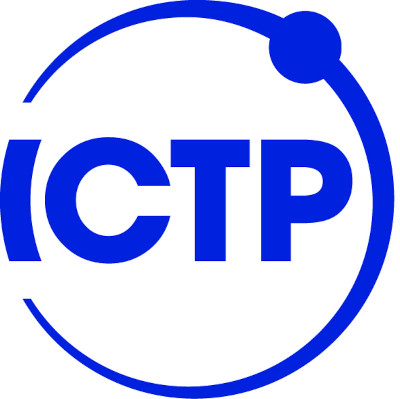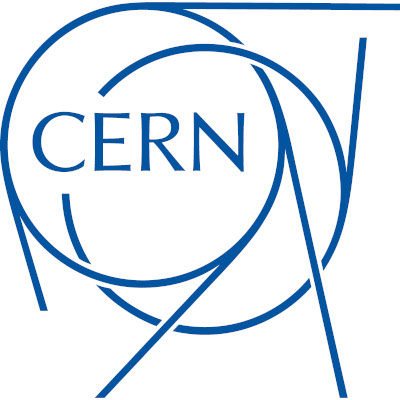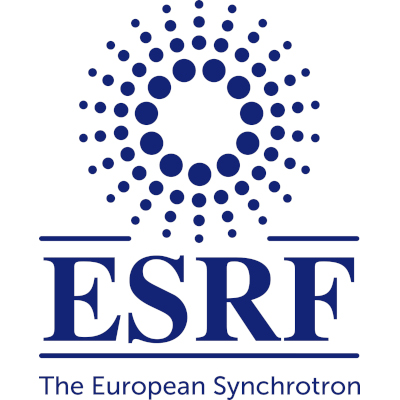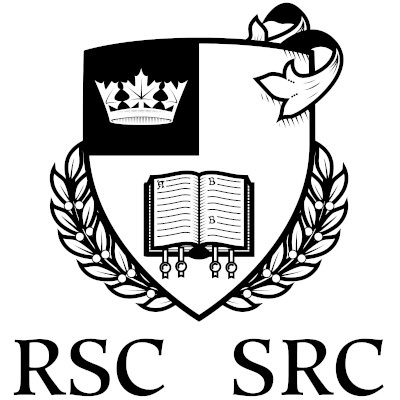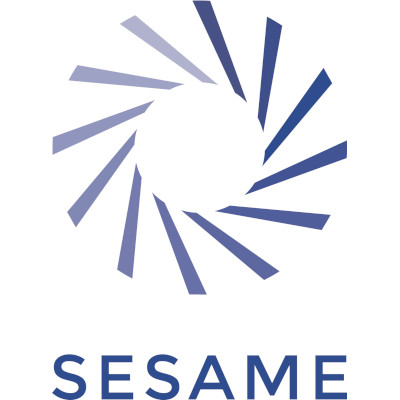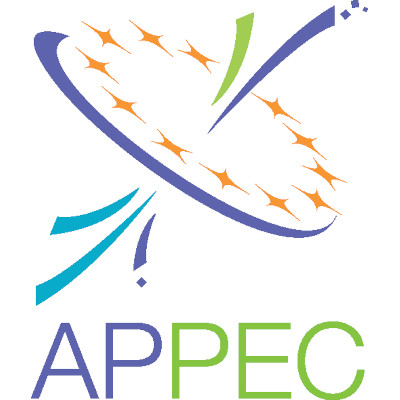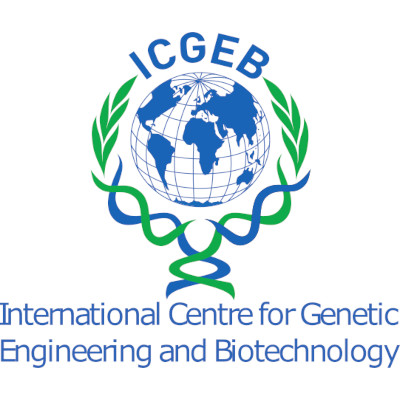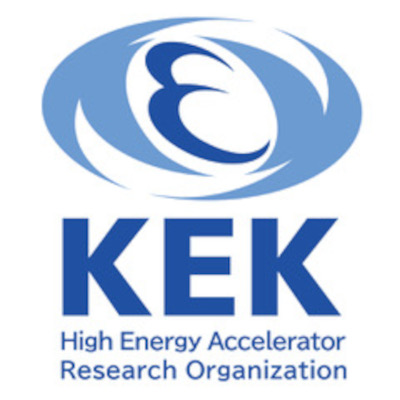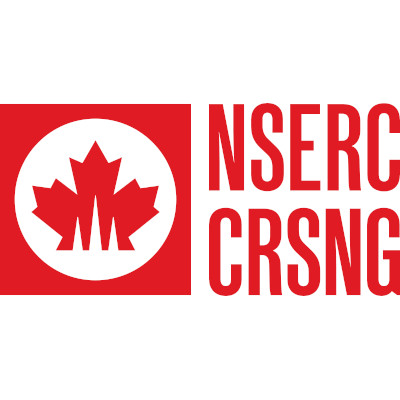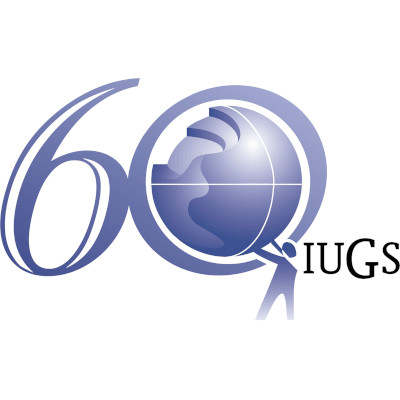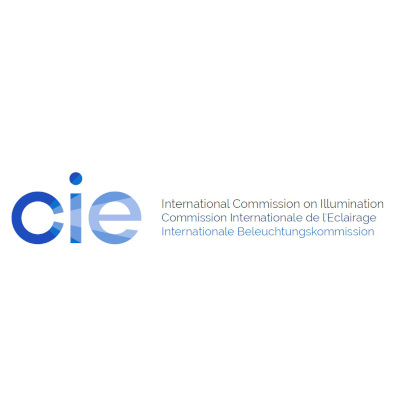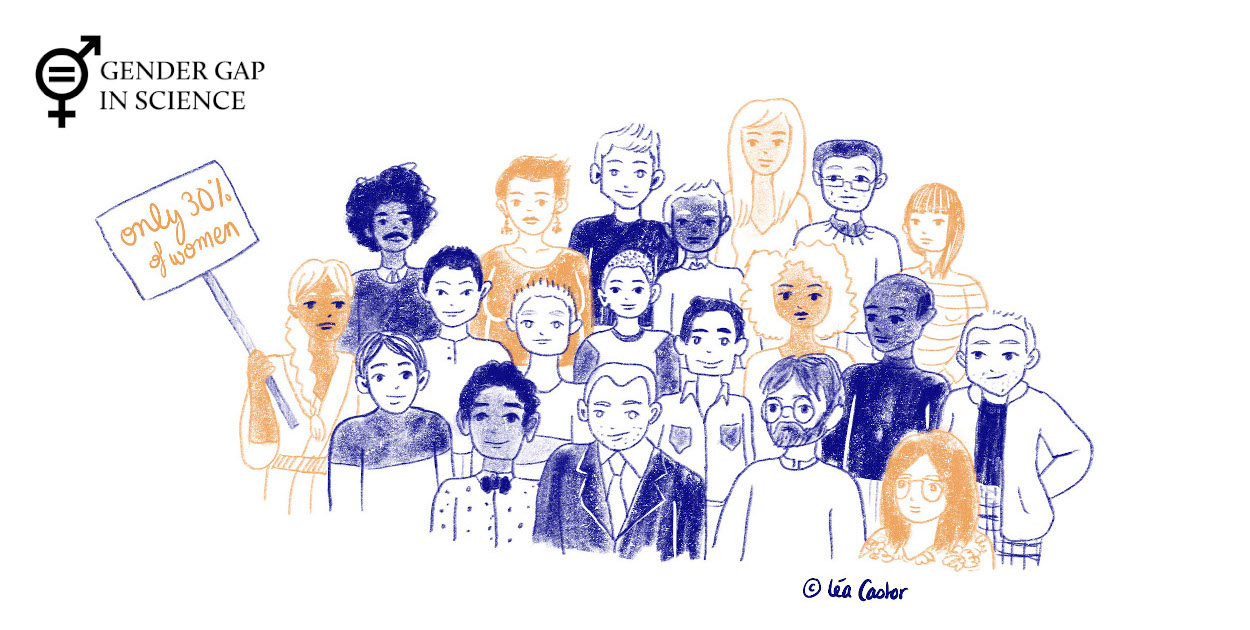À la Une
Programme détaillé
Toutes les présentations et discussions auront lieu en anglais, sauf indication contraire
Partie 1 - 5:00 UTC à 9:00 UTC
- 5:00 UTC Presentation
- 5:05 UTC Introduction to the Periodic Table Challenge
- 5:10 UTC Basic science for finding solutions to environmental problems such as E-waste; Needs for Global North-South dialogue
- 5:35 UTC Igniting a Global North-South Dialogue about Responsible Production and Consumption
- 5:45 UTC Environmental Impact Assessment Based on Basic Science
- 6:00 UTC The African Synchrotron Light Source and its contribution to basic science in Africa
- 6:10 UTC Global efforts to address the environmental impact of additive chemicals in recycled plastic products
……………………………….
- 6:35 UTC Assessing the current state of the planet and the future environment through ice core records
- 6:55 UTC Connection between Arctic climate change and extreme weather events in mid-latitudes
- 7:10 UTC Effects of climate change on future plant-herbivore interactions
- 7:25 UTC Mimicking Nature: making efficient and sustainable biocatalysts
……………………………….
- 7:55 UTC Understanding Climate Change Risks for Cities
- 8:10 UTC Utilization of Carbon Dioxide Resource for Sustainable Development
- 8:25 UTC Scientific ‘redemption’ for ocean plastic pollution
- 8:40 UTC Phytoremediation techniques guarantee agriculture safety in high geological background region
- 8:55 UTC Periodic Table Challenge results
Partie 2 - 9:00 UTC à 13:00 UTC
- 9:00 UTC Presentation
- 9:05 UTC Introduction to the Periodic Table Challenge
- 9:10 UTC More Science of Life for Better Science for Life
………………………………. - 10:00 UTC Panel: Biophysics for Global Health and Sustainability
- Using structural biology and biophysics to design rational malaria vaccines
- From fundamental enzyme catalysis towards sustainable agriculture
- Biophysics for better respiratory medicine
- Getting prepared for the next big pandemic – is it possible?
……………………………….
- 11:30 UTC Basic Sciences: the Driver of STEM Education for Sustainability
- 12:00 UTC Solutions to Plastic Pollution
- 12:30 UTC Beyond Reasonable Doubt: The Relevancy of Basic Sciences in Proving the Rights of Nature
- 12:55 UTC Periodic Table Challenge results
Partie 3 - 13:00 UTC à 17:00 UTC
- 13:00 UTC Presentation
- 13:05 UTC Advancing science collaboratively generates technologies relevant for all
- 13:30 UTC Beyond world-class science – developing a sustainable radio astronomy observatory
- 13:55 UTC Conversation with younger scientists
- 14:30 UTC Interdisciplinary research at the European XFEL: A team effort
- 14:50 UTC Interdisciplinary approaches for better and sustainable software at the European XFEL
……………………………….
- 15:10 UTC Panel: Gender equality in science
……………………………….
- 16:05 UTC What have accelerators ever done for us?
- 16:30 UTC The ITER Project: collaborating on basic science for a new energy future
- 16:55 UTC Periodic Table Challenge results
Partie 4 - 17:00 UTC à 21:00 UTC
- 17:00 UTC Introduction
- 17:05 UTC Introduction to the Periodic Table Challenge
- 17:10 UTC Environment and sustainability at CERN
- 17:45 UTC Collaborative projects with high school students
………………………………. - 18:30 UTC Panel: Big Science and Sustainability
………………………………. - 20:00 UTC A Ciência como ferramenta para o desenvolvimento sustentável e a redução das desigualdades (em português)
- 20:25 UTC Cutting Edge Particle Physics: an Opportunity for Ocean and Climate Science
- 20:55 UTC Periodic Table Challenge results
Part 5 - 21:00 UTC to 1:00 UTC (Tuesday 6)
- 21:00 UTC Introduction
- 21:05 UTC Presentation of the Periodic Table Challenge
………………………………. - 21:10 UTC Panel: Basic science for sustainable development, the case of Latin America and the Caribbean
………………………………. - 22:45 UTC Science, Action! The winning videos.
- 23:00 UTC La experiencia del Concurso Argentino de Crecimiento de Cristales (en español)
- 23:25 UTC Paseos Botánicos Ecológicos, un completo enfoque pedagógico científico participativo (en español)
- 23:50 UTC Environment and sustainability at TRIUMF
- 00:15 UTC Science meets sustainability
- 00:30 UTC Mother Tree Project
- 00:55 UTC Periodic Table Challenge results
Part 6 - 1:00 UTC to 5:00 UTC
- 1:00 UTC Presentation
- 1:05 UTC Introduction to the Periodic Table Challenge
- 1:10 UTC Astronomy for development
- 1:35 UTC Modern physical methods in environmental research for the benefit of mankind
- 2:20 UTC From the Theory of Ice Ages to IPCC climate projections
- 3:20 UTC Sustainability and Vacuum Technologies
- 3:50 UTC Science, Action! The winning videos
- 4:00 UTC Cultural heritage activities at the Italian Institute for
Nuclear Physics - 4:30 UTC Power laser facilities for sustainable development
- 4:55 UTC Periodic Table Challenge results
À propos de l’année internationale
Les sciences fondamentales ont été déterminantes pour combattre la pandémie de COVID-19. Ce sont elles qui nous ont permis de savoir que l’infection est causée par un virus, à quoi ressemble ce virus, quelles sont sa séquence génétique et ses variations.
Les sciences fondamentales sont déterminantes dans tous les domaines de notre vie : même le World Wide Web, que vous utilisez en ce moment, a été inventé au CERN à partir du besoin de collaboration mondiale pour des expériences de physique fondamentale, et il a été développé grâce à de puissants algorithmes.
L’Année internationale des sciences fondamentales pour le développement durable est un moment clé de mobilisation pour convaincre les responsables économiques et politiques, ainsi que chaque citoyen, de l’importance de prendre en compte et de maîtriser les sciences fondamentales pour assurer un développement équilibré, durable et inclusif de la planète.
Abonnez-vous à la lettre d'information
Comité de pilotage
